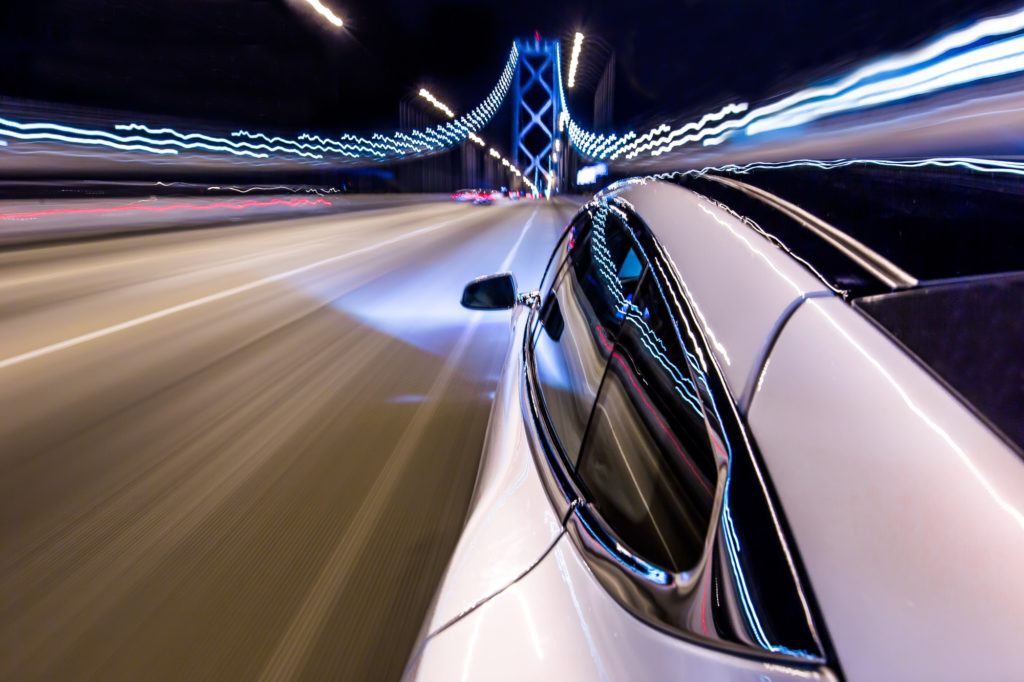

Battery Maker to Solve Major Hurdle in EV Battery Tech
“Well, we drove a half hour in restricted mode to get to a charger,” my friend Mike told me.
He and his wife took their new Tesla across the state. They didn’t plan right, though, and got within 15% of the battery dying before they made it to a charging station.
“It was a little sketchy, but we made it.”
It took about 40 minutes to recharge their fancy new electric vehicle (EV).
I break out in a sweat just relating this story. I suffer from “range anxiety,” the fear of getting stuck in an electric vehicle with no charger in range.
It’s the biggest hurdle for most people that I talk to when they are thinking about buying a new EV. It stopped my parents from buying one.
The range on a typical EV today is about 200 miles. In practice, it’s less than that — 170 miles or so. (That’s where Mike got into trouble.) And they take at least 30 minutes to recharge.
That makes road trips a logistic hassle. It also puts destinations with no chargers completely out of reach.
EV Battery Hurdles
According to MIT Technology Review[1], EVs make up less than 5% of new car sales in the U.S.:
For many buyers, they’re simply too expensive, their range is too limited, and charging them isn’t nearly as quick and convenient as refueling at the pump.
The issues of range and charge time stem from limitations of lithium-ion battery technology. The current default lithium battery is heavy, expensive, and inefficient – not to mention a fire hazard.
These are the hurdles battery developers need to overcome.
And two years ago, one private Israeli company made a huge leap forward.
In 2019, Israeli battery maker StoreDot set a world record: It developed a scooter battery that could be recharged in just five minutes.
The implications of that are enormous.
Its next problem is twofold: It needs to scale the battery up to car size and make it last.
Quick-charging batteries degrade quickly. Lithium-ion batteries tend to heat up, hold less energy as they age, and occasionally erupt in flames. Those issues need work.
StoreDot began rolling out its new sample battery cells in January 2021.
The sample cells are “proof of concept” for potential industry partners like EV manufacturers and battery makers. StoreDot plans to roll out its fast-charging EV batteries by 2025. However, there’s still a long way to go until we see a car battery that can recharge in five minutes.
That said, CEO Doron Myersdorf believes that the company has solved the chemistry.
And the industry is optimistic, too. Bloomberg named StoreDot as a 2020 Bloomberg New Energy Finance (BNEF) Pioneer. The award that recognizes StoreDot is leading the transition to a low-carbon economy. It’s the first time an ultra-fast charging technology has won the award. Integrated energy giant British Petroleum is a major investor in the company, along with vehicle maker Mercedez-Benz (formerly Daimler).
Auto industry data suggests that people will likely adopt EVs with 291-mile range that take 30 minutes to recharge, but those of us with range anxiety will wait for quick charge functionality and widely available charging stations.
And StoreDot’s breakthrough brings that closer than ever.
For the good,
Matt Badiali
https://www.technologyreview.com/2021/02/24/1018102/lithium-metal-batteries-electric-vehicle-car ↑


